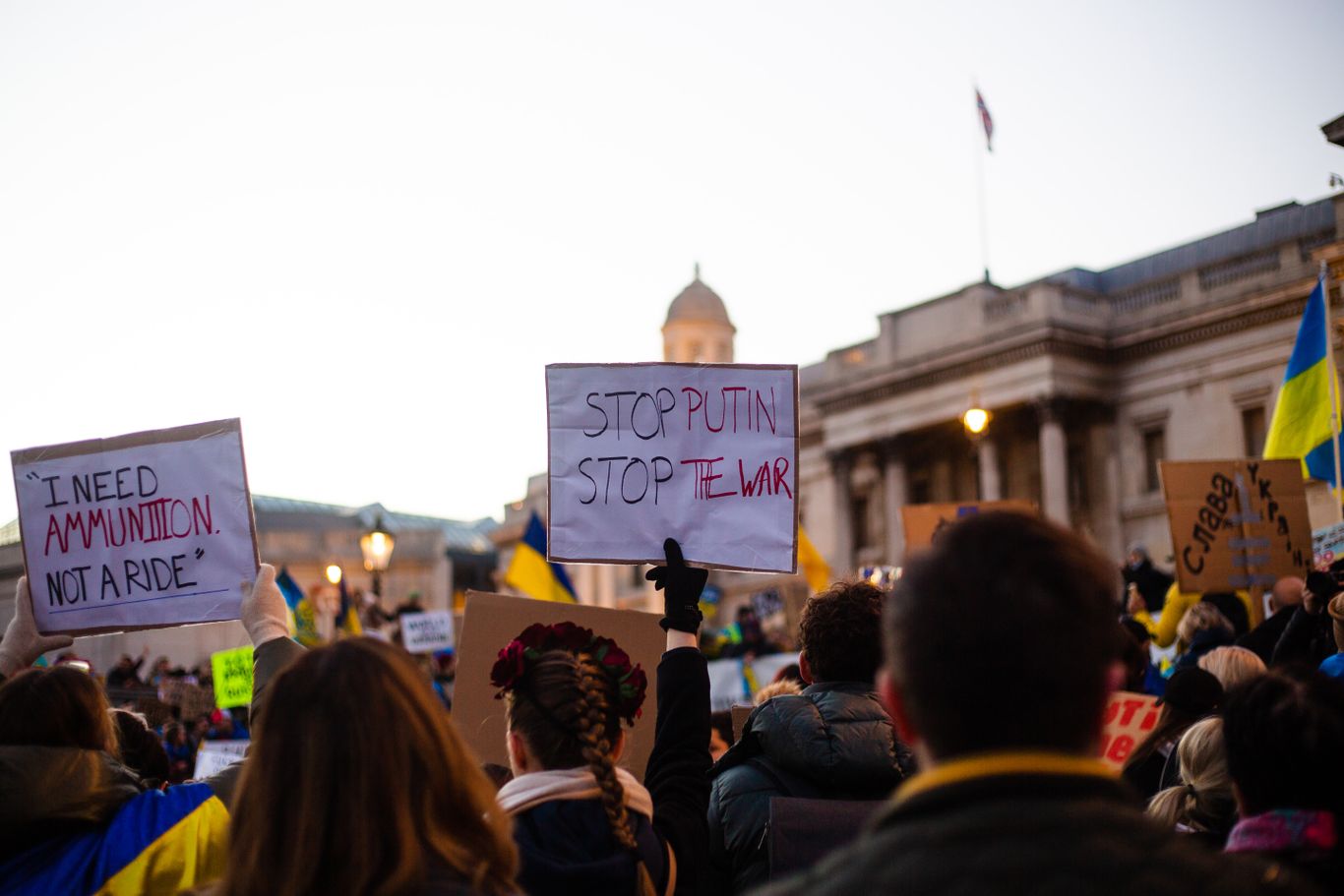Putin´s victory day speech: Neither “war” nor “ victory” – Setting uncertain tone for eventful week in Nordic Security
May 09, 2022
“A preemptive pushback..(that was) necessary, timely and the only right solution”. That is how Vladimir Putin described his Ukraine operation in front of some 11 000 assembled service personnel at the Red Square on the occasion of the May 9 Victory Parade.
So to the surprise of many Putin thus chose to seize the opportunity to neither declare (some kind of) victory nor to declare a new level of military campaign, neither “war” nor “victory”. But something in between, in brief “more of the same” in the justification speech.
Pending clarification over the next days, weeks and months as to what this speech choice will imply in concrete invasion terms, one can now only speculate about his motivations. Perhaps he had hoped that at least the siege of devastated Mariupol would have resulted, by May 9, in a clear “victory”, worthy of celebrating. Or that in the de facto occupied city óf Cherson arrangements could have been in place to organize a referendum on annexation to Russia. But failing these, no victory to celebrate, apparently. Perhaps emerging awareness inside Russia of the huge losses suffered in the campaign so far also helped to advise Putin to deciding that this was not the time to declare neither victory nor expanded war. So this was a speech aimed at mobilizing domestic support rather than to inform the West and the world as to his intentions for the way ahead – if indeed he himself has decided on these intentions, in view of clear and present escalations risks.
But whatever Putin´s intentions, his May 9 words, those uttered and those not, frame the context for an intensely eventful week in the history of Nordic security, with the planned and expected decisions of the part of first Finland and then Sweden whether (or, most unlikely, not) to politically announce their intention to seek membership of Nato, after all these years of military non-alignment, a sea change in European and transatlantic security.
This watershed moment seems to be as welcome in Western capitals as it is unwelcomed in the Kremlin. Diplomacy this week and thereafter will probably see a duel between Western assurances of support and solidarity concerning the sensitive interim period between application and final, post-ratification confirmation/entering into force, and Russian intimidation efforts in the (vain) hope to prevent the inevitable.
The European and transatlantic security policy landscape will in any case as from soon be radically different.
Michael Sahlin
